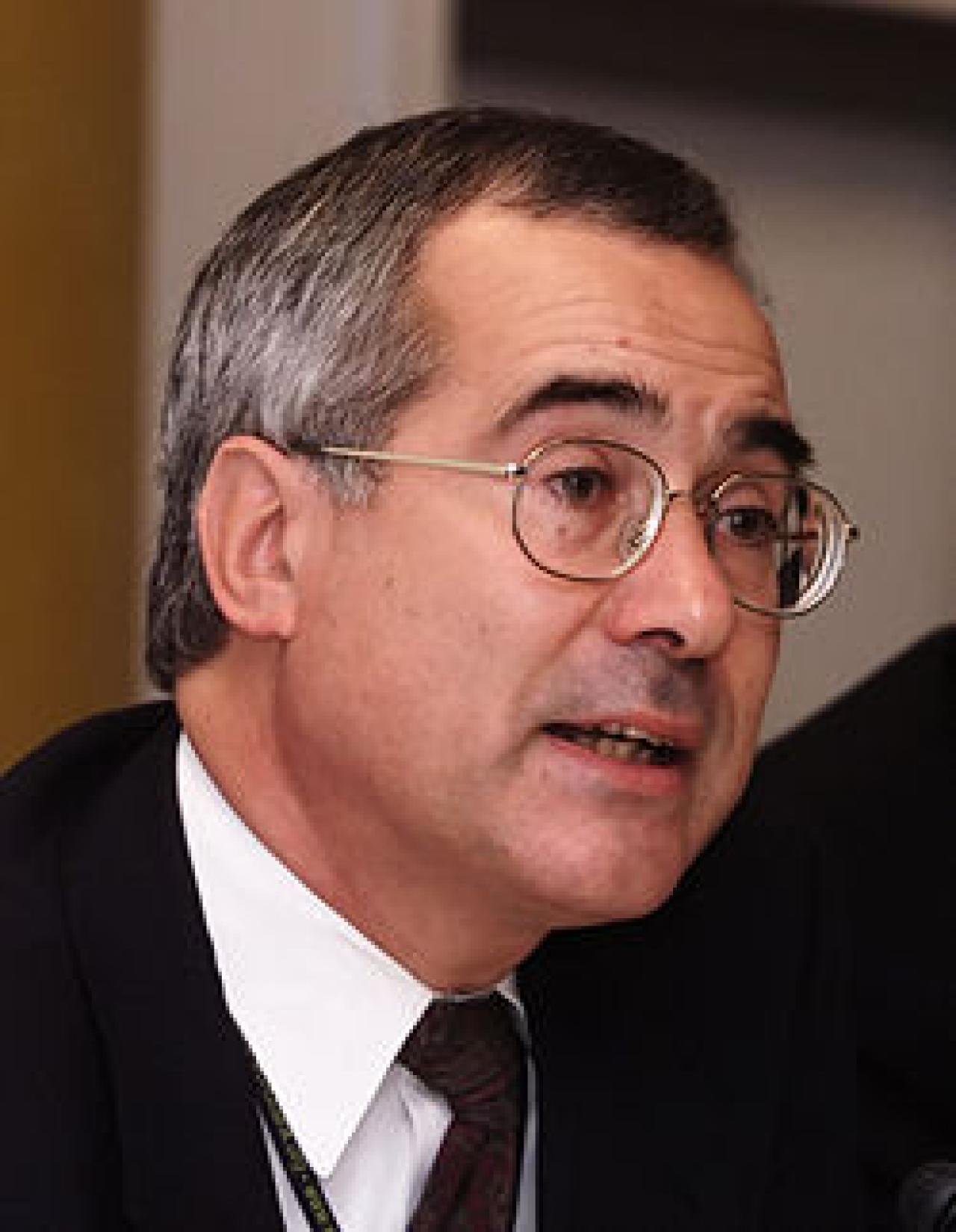
Stern was an advisor to the British government on climate change and published a 700-page report in 2006 now known as the Stern Report. It called for immediate action to reduce the risks of climate change.Lord Nicholas Stern - INSEAD Knowledge
Stern told audiences in Asia in April that rich countries have to take the lead regarding efforts to reduce carbon pollution. “Morally the rich countries should take responsibility for the damage they’ve done,” he said in Singapore.
The problem also shows a clear failure of markets. Efficient markets charge a higher cost to those who create damage, in other words those who create emissions, he says. That means that the rich countries have a higher burden than developing countries, but so far that hasn’t been true.
In addition, he says it’s unfair of rich countries to turn to China and other developing countries for their manufactured goods and then ask those countries to cut their emissions. He says rich countries have to acknowledge their share of those emissions.
Since market forces are not working, Stern is calling for a global deal on reducing the risks of climate change. “This is about risk and the sharing of risk,” he says, and the process “has to be led at the heart of government.”
But his prescription will be hard to swallow. Stern believes rich countries will have to cut carbon emissions by 80 per cent and that the cost will be one to two per cent of global GDP annually to succeed.
He admits that in today’s challenging economic climate, getting politicians in rich countries to make decisions that will sacrifice one per cent of GDP isn’t easy, but he says lowering emissions has to become a global priority.
“The costs of strong action are much lower than the costs of inaction or the costs of delay,” he says. Each year of delay adds to the costs and by 2050 the cost could be 20 per cent of GDP and a global depression.
The Economics of Climate Change - INSEAD KnowledgeA solution will likely require near zero emissions from electricity power generation andsurface transportation in the next 40 years, according to his research. He believes that new technologies will be developed that can meet that requirement and that the world needs an agreement soon that sets credible and enforceable targets, as well as deadlines along the way.
“We have to find alternatives this century. It’s better to do it sooner than later.”
Stern says there are many ways to cut emissions right now that would save consumers money. From more efficient appliances, to weatherproofing and cleaner cars, governments need to encourage people to make changes by showing them how to go green and save money. He suggests it is like asking the question: “How can you encourage people to pick up the $20 bill laying on laying on the pavement?”
And he dismisses arguments that the science on global warming is wrong. He notes that the world’s carbon resources are limited so we will have to find alternatives to these energy sources anyway.
Stern believes current estimates on climate change probably overestimate how much carbon is absorbed by forests and oceans, and underestimates the amount of carbon the world is currently producing. If he is right, that means potentially dramatic changes in much of the world much sooner than we expect. And each degree of temperature rise increases the risk exponentially.
“If we do nothing the probability in the next century is 50-50 that temperatures will rise five degrees centigrade,” he says. “These kind of changes transform where people live.”
Such increases would wipe out agriculture in parts of the world, and rising seas will force millions of people to move to higher ground. “What kind of risks are you as a world going to endure?” he says.
-
View Comments
-
Leave a Comment




No comments yet.